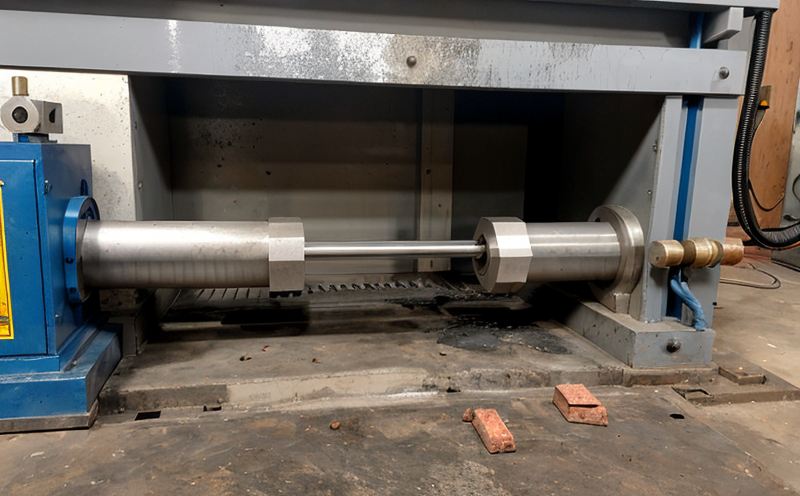ASTM D3574 Compression Testing of Flexible Foams
The ASTM D3574 compression testing method is a critical procedure used to determine the compressive properties of flexible foams. This test evaluates how foam materials deform and recover under applied pressure, which is essential for quality control in various industries such as automotive, furniture, and packaging.
Compressive strength is one of the primary parameters measured during ASTM D3574 testing. The test involves applying a defined load to a sample until it reaches its specified compression percentage or fails. This allows manufacturers to assess the material's resistance to deformation under pressure. The results provide valuable information on the foam's performance and durability, ensuring that products meet design specifications.
The test is conducted using an Instron Universal Testing Machine equipped with a suitable fixture for compression testing. Specimens are cut from larger foam samples according to ASTM D3574 standards. Proper specimen preparation ensures accurate and reproducible results. The testing process involves applying incremental loads until the desired percentage of compression or failure occurs.
The International Organization for Standardization (ISO) recognizes the importance of this test, incorporating similar methodologies in its own standard ISO 868:2013. Compliance with these standards is crucial for industries that require consistent product quality and reliability.
ASTM D3574 testing is particularly useful for identifying foam characteristics such as resilience, compression set, and ultimate compressive strength. These properties are essential in applications where the foam's ability to return to its original shape after deformation is critical. For instance, automotive seat cushions require high resilience to maintain comfort over time.
The test also helps manufacturers optimize their materials by providing insights into how different foam types perform under various conditions. This information can guide decisions on selecting appropriate foams for specific applications, ensuring that the final product meets both performance and cost requirements.
| Industry | Application | ASTM D3574 Parameter |
|---|---|---|
| Furniture Manufacturing | Comfort and support of seating products | Compression set, resilience |
| Packaging | Shock absorption in packaging materials | Ultimate compressive strength |
| Automotive Industry | Cushioning and insulation of seats and panels | Resilience, compression set |
| Sporting Goods | Padding in helmets and athletic equipment | Compression set, resilience |
In summary, ASTM D3574 testing is an essential tool for quality assurance in the production of flexible foams. By evaluating compressive properties, manufacturers can ensure their products meet industry standards and perform as expected under real-world conditions.
Benefits
- Ensures consistent product quality across batches
- Aids in optimizing material selection for specific applications
- Promotes compliance with international standards, enhancing market access
- Facilitates easier troubleshooting of design and manufacturing issues
- Improves overall product performance by identifying weak points
- Saves time and resources through early identification of non-conforming materials
Industry Applications
| Industry Sector | Application |
|---|---|
| Furniture Manufacturing | Evaluating the comfort and support of seating products |
| Packaging | Determining shock absorption properties in packaging materials |
| Automotive Industry | Assessing cushioning and insulation properties of seat cushions and panels |
| Sporting Goods | Testing padding in helmets and athletic equipment for impact resistance |
| Medical Devices | Evaluating the comfort and support of orthopedic devices |
| Bakery and Food Packaging | Assessing barrier properties to prevent product contamination |





